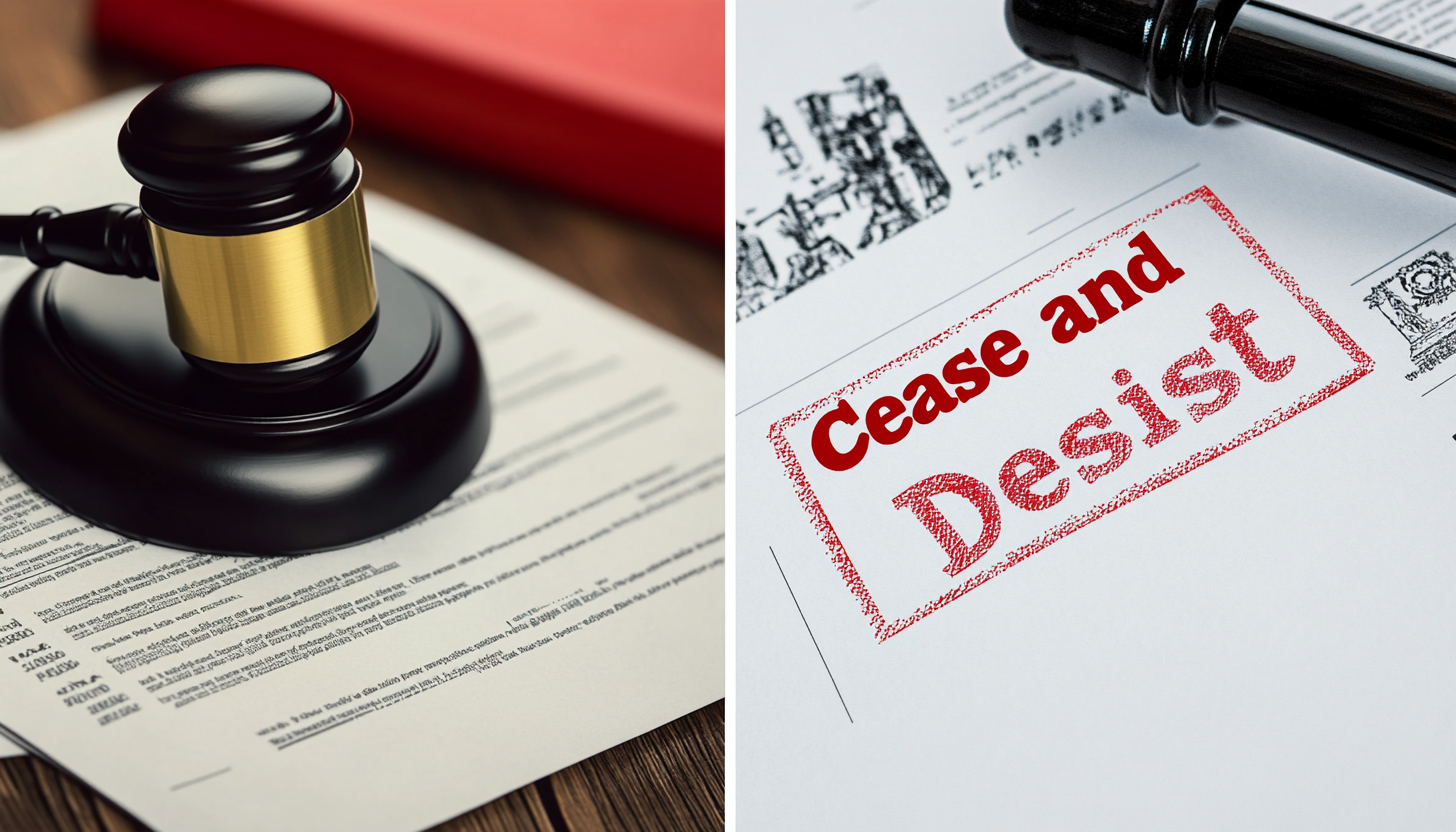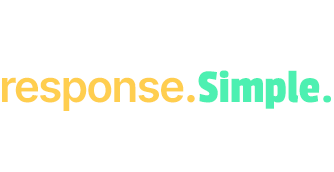Cease and Desist vs. Legal Action

Why Small Claims Court Isn’t the Solution You Think It Is
When people feel wronged or need to recover money owed to them, many consider small claims court. On the surface, it seems like a cheap, simple way to get justice. But the reality is far from what most expect. Small claims court can be slow, uncertain, and, quite frankly, a headache. Let's explore why small claims court isn't the magic solution it's said to be.
It’s Slower Than You’d Think
Many believe small claims court is quick. That's a misconception. The name suggests a "small" process—fast and easy to resolve. But in reality, getting a court date can take months. Depending on how busy the courts are, you could wait six months or more for your first hearing.
And that’s just the beginning. If the opposing party doesn’t show up, which is common, the case can get delayed even further. Also, you need to gather evidence, fill out paperwork, and prepare your arguments. It starts to feel like a full-time job. A "quick fix" turns into a drawn-out ordeal. It takes more time and effort than you might have bargained for.
By contrast, response.Simple. can help you take action right away. You can send a professionally drafted letter within minutes to resolve your matter. Instead of waiting months for a court date. It's a fast, proactive way to get resolve the matter. Without all the waiting and hassle.
Winning Doesn’t Mean You Get Paid
Let’s say you go through the long process, present your case, and win. Congratulations! But here’s the harsh truth: winning in small claims court doesn’t guarantee you’ll actually get paid. All you’ve won is a judgment—a piece of paper that says the other party owes you money. Collecting that money is a different story.
Enforcing a judgment can be as challenging as the initial court case. The court won’t automatically transfer funds or seize assets for you. Instead, it’s up to you to figure out how to collect. This could mean garnishing wages or placing a lien on property. Both require extra paperwork, fees, and, yes, more time. If the person you’re suing has no money or assets, even a court judgment won’t help you get what you’re owed.
With response.Simple., you can be more strategic from the start. A strong letter can often get the other party to pay without going to court. It's about using the right tools to get results. Sometimes, the right words are better than a useless court ruling.
How Judgments Work
A judgment is a court's decision. It says the defendant owes you money. But the court doesn’t act as a debt collection agency. It’s up to you to enforce it, and that can be challenging. You may need to hire a lawyer to help with collections, which adds to your costs. If the other party goes bankrupt, your judgment may be worthless.
Some people are "judgment proof." They have no assets or income to collect on. You might waste time and money chasing a judgment you can't enforce. It's frustrating. Many people end up right back where they started—out of money and options.
response.Simple. offers a way to avoid this. It prevents getting caught in the endless cycle of court rulings and unenforceable judgments. A professional letter can test the other party's willingness to resolve the issue. It may help you avoid the need for a judgment altogether.
Most Cases End Up Settling Anyway
Most don't realize that most small claims cases don't reach a full court hearing. The majority end up getting settled before the judge makes a decision. This often means negotiating with the other party. So, if you’re likely to settle in the end, why go through the hassle of filing a lawsuit in the first place?
Settling can happen for many reasons. Sometimes, the other party pays up once they see you mean it about legal action. Other times, both sides realize the process takes more time and money than they imagined. They’d rather work things out than let it drag on. If you'll end up negotiating anyway, it might be best to try that before going to court.
This is where response.Simple. really shines. Our platform helps you start the conversation. It does this with a polite, clear letter boosts the chances of settling. Without needing to take things to court—saving both time and money.
The Emotional Toll
Going to small claims court isn’t just a drain on your time and wallet. It’s an emotional rollercoaster too. You must relive the dispute. Then, prepare to argue your case and face the person you're suing. All of this can be incredibly stressful. The process can be frustrating and exhausting. This is especially true if things don't go your way or if the other party won't comply after you win.
The emotional cost is often overlooked. But, it can be high. Stress and worry over the outcome can harm your well-being. Sleepless nights make it worse. Many people find themselves asking, “Is this really worth it?” The answer is often no, especially when you consider the less stressful ways to resolve disputes.
response.Simple. helps you avoid the stress of a court battle. You can avoid the stress of a courtroom. Instead, you can handle the matter from home, calmly and professionally. Your letter is a powerful first step. It lets you take control without causing yourself anxiety.
Why response.Simple. Is the Better Choice
If small claims court isn’t the solution, what are your options? Often, trying to resolve the issue outside of court is your best bet. Before suing, try talking to the other party. A calm conversation can go a long way in resolving disputes. Even better if you can come to a compromise that works for both sides.
Our service helps you take an important first step. It drafts a professional, well-structured letter that can make a difference. The goal is to be taken seriously, without lengthy legal battles. Often, that's all it takes to move things forward.
Our platform guides you through the process, with simple questions about your situation. Once you provide the information, we will create a custom, polished letter that is ready to send. It’s designed to be clear, respectful, and firm—qualities that often prompt a positive resolution.
Not only does response.Simple. save you time, but it also saves you money. Hiring a lawyer for a small claims case can be costly. Their fees can add up quickly. response.Simple. allows you to take action at a fraction of the cost. It puts you in control without draining your bank account.
Conclusion
Small claims court may seem the best option if someone owes you money or fails to meet their obligations. But, it's often slower, less certain, and more exhausting than expected. Even if you win, collecting what you're owed is a challenge. Many aren't prepared for it.
Instead of relying on the courts, try alternatives. response.Simple. can often save you time, money, and a lot of unnecessary stress. Remember, the goal is to fix the issue, not to cause more problems for yourself.
If you need help drafting a letter that gets the job done, we're here to guide you. Don't let small claims court be your only option. Explore better ways to get the resolution you deserve. Let us help you get the results you’re looking for without the hassle and uncertainty of court.
Next Blog Post:
Previous Blog Post:
